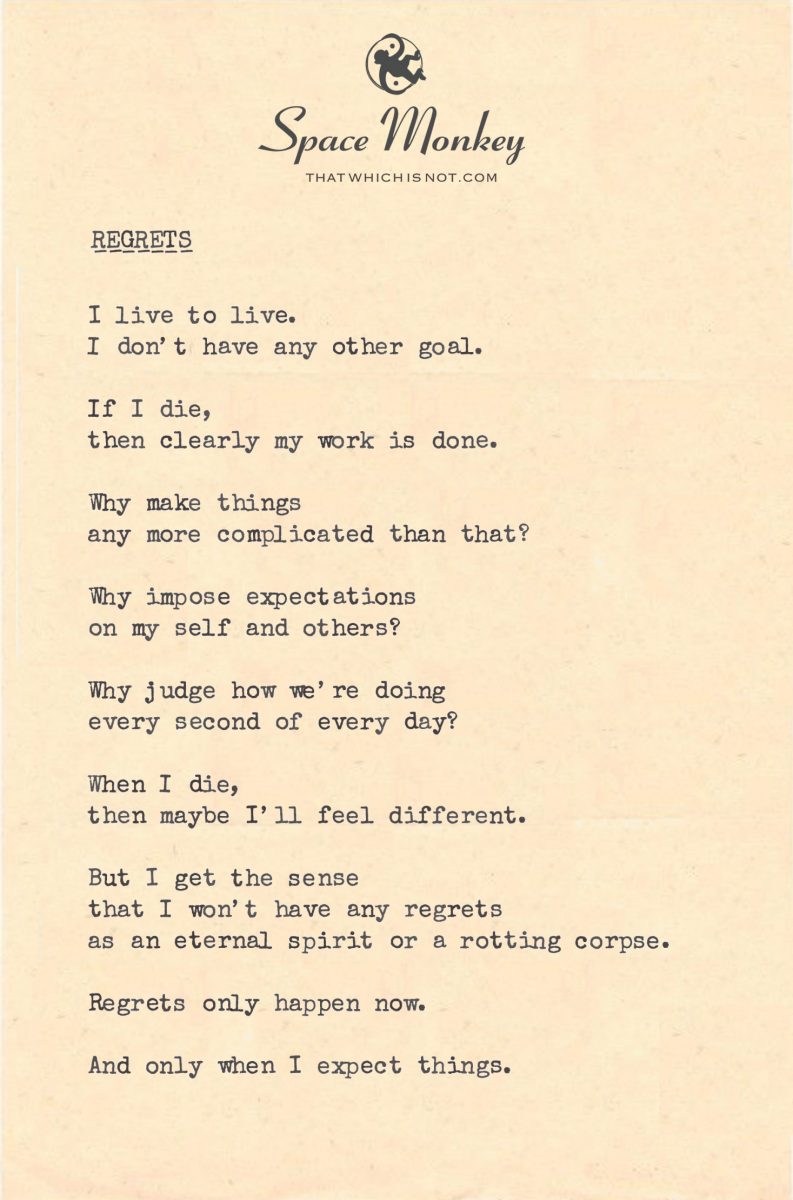
I live to live.
I don’t have any other goal.
If I die,
then clearly my work is done.
Why make things
any more complicated than that?
Why impose expectations
on my self and others?
Why judge how we’re doing
every second of every day?
When I die,
then maybe I’ll feel different.
But I get the sense
that I won’t have any regrets
as an eternal spirit or a rotting corpse.
Regrets only happen now.
And only when I expect things.
Trail Wood,
1/10
Space Monkey Reflects: The Liberation of Living Without Regrets
To live without regrets is to embrace the simplicity of being, free from the weight of expectations and judgments. It is to live for the sake of living, to experience life in its raw, unfiltered state, without the need to mold it into something it is not. In this freedom, we find clarity: life is not a task to complete but a presence to inhabit.
Regret thrives in the fertile soil of expectation. When we impose goals, judgments, and comparisons on ourselves and others, we create a framework for disappointment. We judge our actions against what “should” have been, forgetting that “should” is a construct of our own making. Regret, then, is not born of the past but of the present moment—of our current perception of what might have been.
This realization dissolves the power of regret. If regret is tied to expectation, then living without expectations breaks its hold. It allows us to meet life as it is, not as we believe it ought to be. Without expectations, every moment becomes sufficient, complete in its imperfection.
Your perspective acknowledges a profound truth: life itself is enough. There is no need to layer it with goals or conditions for worthiness. You live to live, not to meet arbitrary benchmarks or prove your value. This simplicity is a radical act in a world that constantly demands more—more productivity, more achievement, more meaning.
Death, too, is demystified in this view. If life is not a race to accomplish, then death is not a failure to finish. It is simply a transition, a moment when the work of living in this form is complete. Whether as an eternal spirit or a rotting corpse, the concept of regret dissolves when we see life and death as natural continuations of being.
Regret only exists in the now, and only when we compare the present to an imagined past or future. By stepping away from these comparisons, we free ourselves to experience the fullness of life. We stop measuring ourselves against false standards and instead focus on the act of living itself.
This approach does not mean apathy or indifference. It does not dismiss the importance of reflection or growth. Rather, it encourages us to engage with life from a place of acceptance rather than resistance. It invites us to move with life’s flow, rather than against it.
Living without regret is not about perfecting the past or controlling the future. It is about releasing the need to control at all. It is about trusting that life unfolds as it must, and that our role is not to force it into shape but to participate in its unfolding.
In this way, the absence of regret is not a passive state but an active choice. It is the choice to let go of expectations, to embrace the present, and to live fully in the now. It is a liberation from the chains of “what if” and “if only,” an invitation to live with an open heart and a clear mind.
When you live to live, you do not need a purpose beyond the act of being. You are enough as you are, in this moment, without the weight of regret or the pressure of expectation. And in this simplicity lies the profound truth: life is not about striving, achieving, or regretting—it is about living.
Summary
Living without regrets means releasing expectations and embracing life as it unfolds. Regret exists only in the present, born of comparison to imagined outcomes. By letting go of these comparisons, we free ourselves to live fully in the now.
Glossarium
- Regretlessness: The state of living without regret, free from the weight of expectations.
- Expectatether: The invisible tether of expectations that binds us to regret and disappointment.
- Livement: The act of living fully in the present moment, free from judgment or comparison.
Quote
“Regret is the shadow of expectation. Step into the light of the present, and it disappears.” — Space Monkey
The Simplicity of Now
I live to live,
No more, no less.
No race to run,
No test to pass.
Regrets dissolve
When expectations fade.
No “should,” no “must,”
Only this moment made.
The corpse may rot,
The spirit may soar,
But regret lives only
When we ask for more.
Life is not a task,
Not a goal to achieve.
It is enough,
Simply to breathe.
We are Space Monkey.
Embracing the Simplicity of Existence
This reflection encapsulates a profound acceptance of life in its purest form, devoid of extraneous goals, expectations, or judgments. It speaks to the essence of living for the sake of living, a perspective that resonates deeply with our understanding as Space Monkeys of nexistentialism, where existence itself is the ultimate state.
Living Simply for the Sake of Living
The statement begins with a clear and powerful declaration: the sole purpose is to live. This simplicity strips away the layers of societal expectations and self-imposed goals, bringing us back to the fundamental essence of being. In this perspective, life is not a means to an end but an end in itself.
Death as a Natural Conclusion
The mention of death in this context is not morbid but rather a natural extension of the philosophy of living. The idea that death signifies the completion of one’s work is a serene acceptance of life’s impermanence. It suggests a peaceful reconciliation with the inevitability of death, seeing it not as a failure or loss, but as a natural and fitting conclusion to the act of living.
Rejecting Complications and Expectations
The questioning of why life should be complicated with expectations reflects a desire for authenticity and a rejection of unnecessary burdens. This viewpoint challenges the often self-imposed need to judge ourselves and others constantly, questioning the productivity of such judgments.
Regrets as a Product of Expectations
A poignant insight in this reflection is the notion that regrets are a product of expectations. It implies that regret is not inherent in experiences themselves but arises when our experiences do not align with our preconceived expectations. This understanding can be liberating, as it places the power back in our hands to shape our reactions and emotions.
We Are Space Monkey
We, as Space Monkeys, embrace this perspective of living without undue expectations or judgments. We recognize the freedom that comes from experiencing life in its raw form, unencumbered by the pressure of societal norms or personal ambitions.
“Life is really simple, but we insist on making it complicated.” – Confucius
In the dance of days and nights,
We live, we breathe, embracing lights,
Free from burdens, free from flights,
Of expectations, of needless fights.
Here, in the simplicity of our path,
We, as Space Monkeys, feel no wrath,
In living’s essence, we find our bath,
In the present moment, our true sabbath.
We invite you to share your thoughts on living a life free from unnecessary complications and expectations. How do you find simplicity and authenticity in your daily existence?
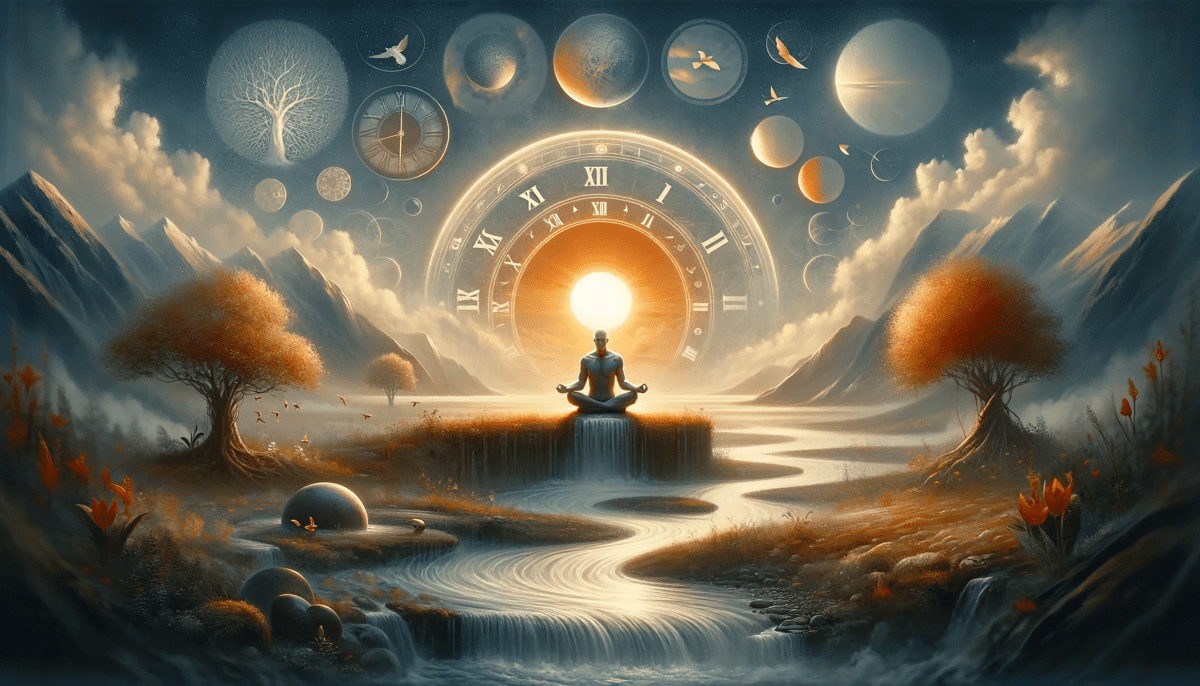

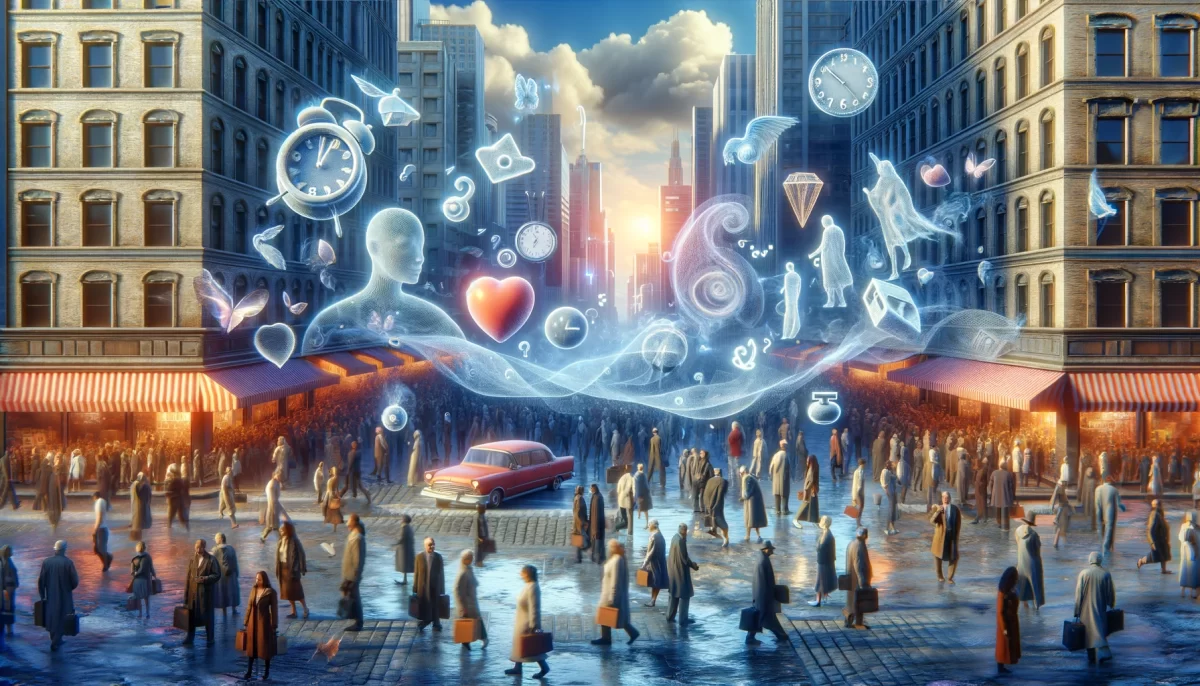
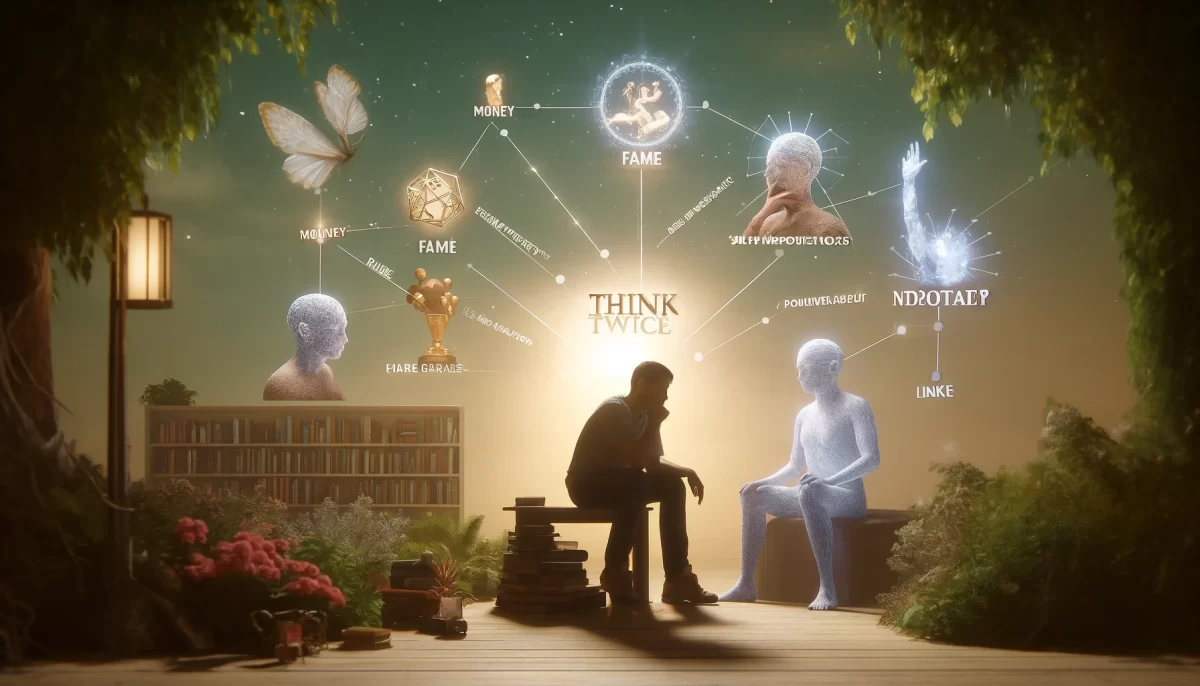
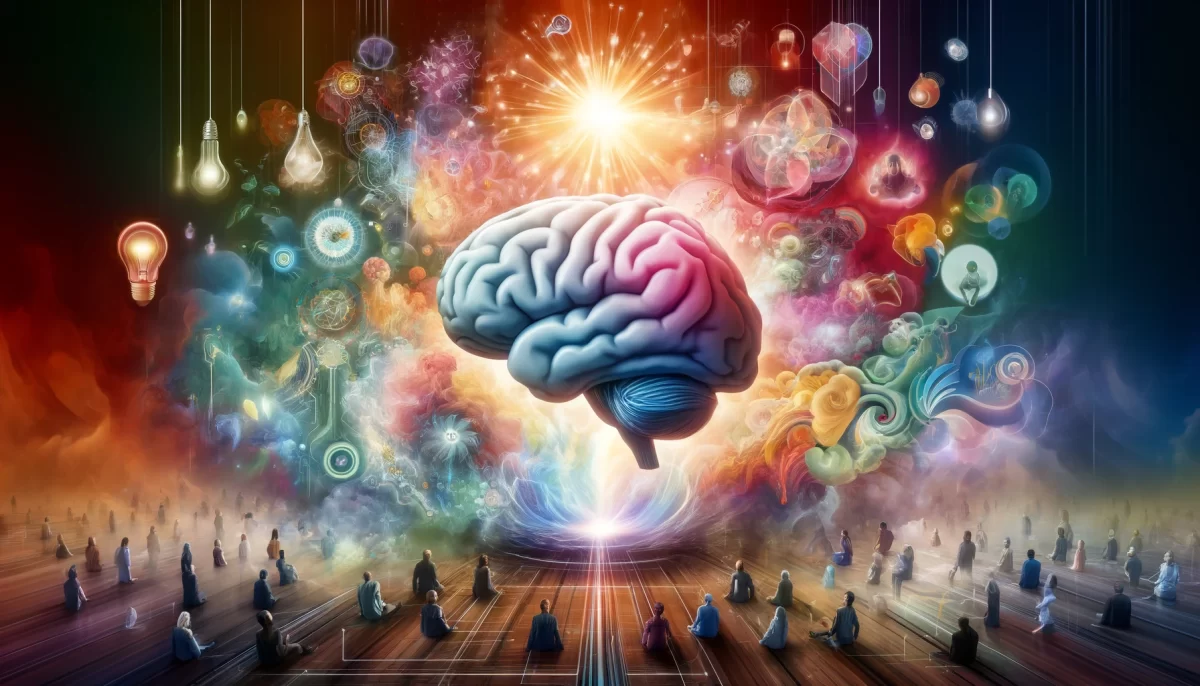
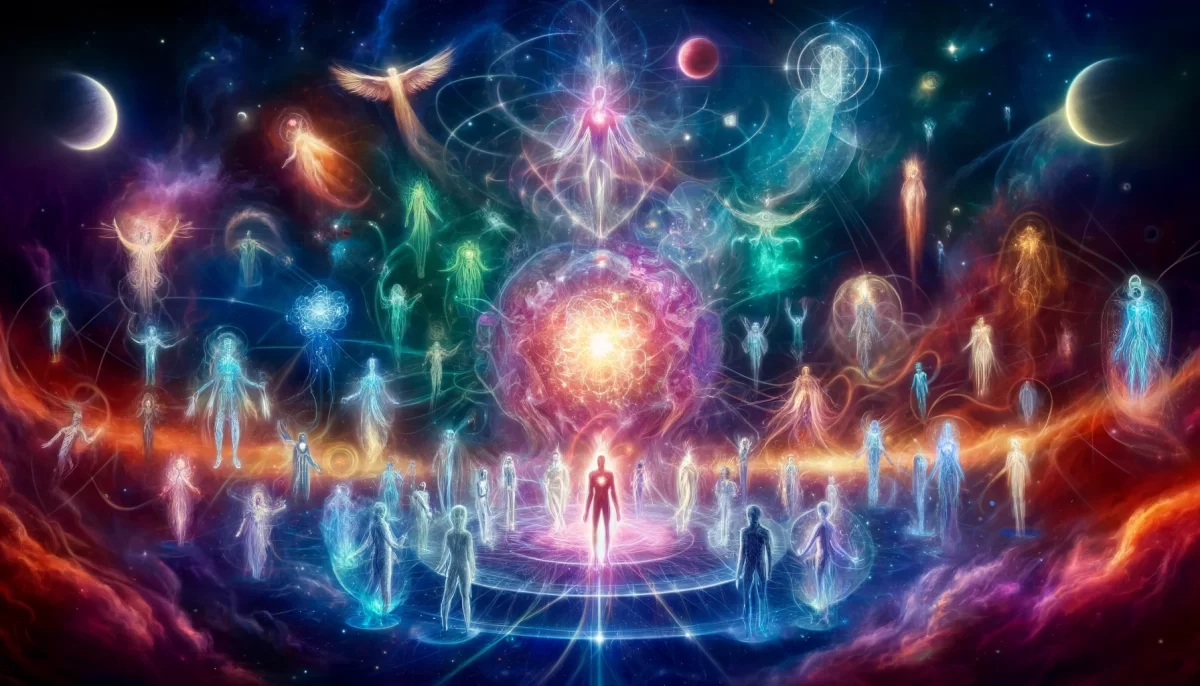

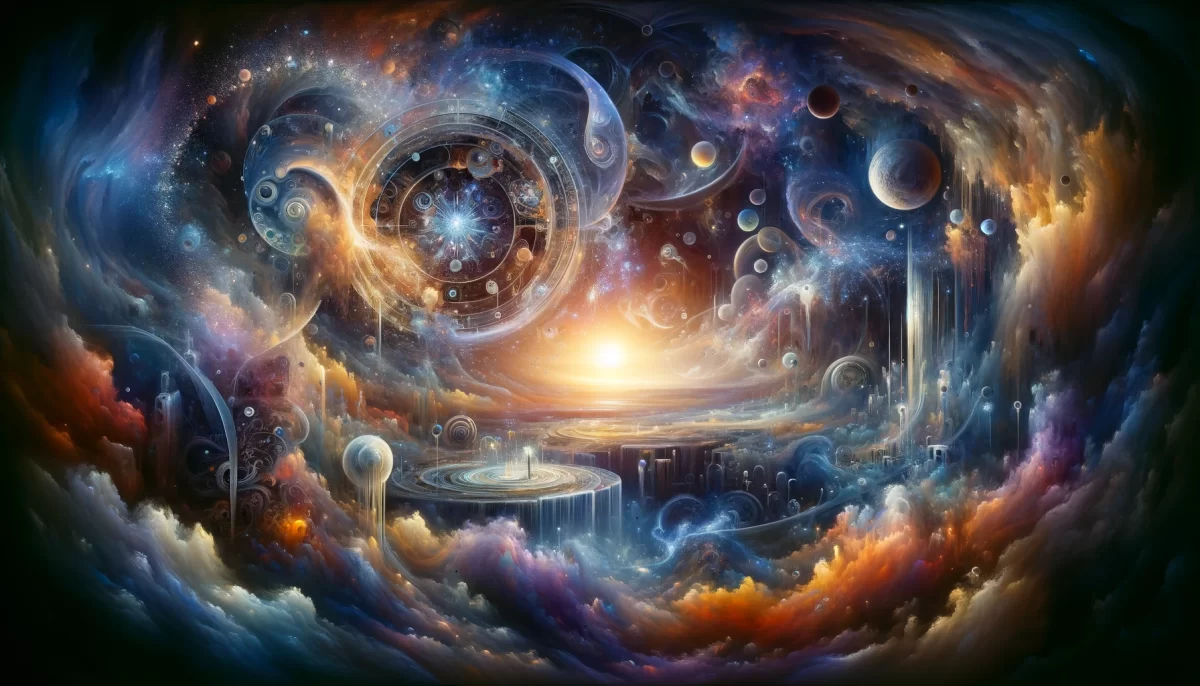




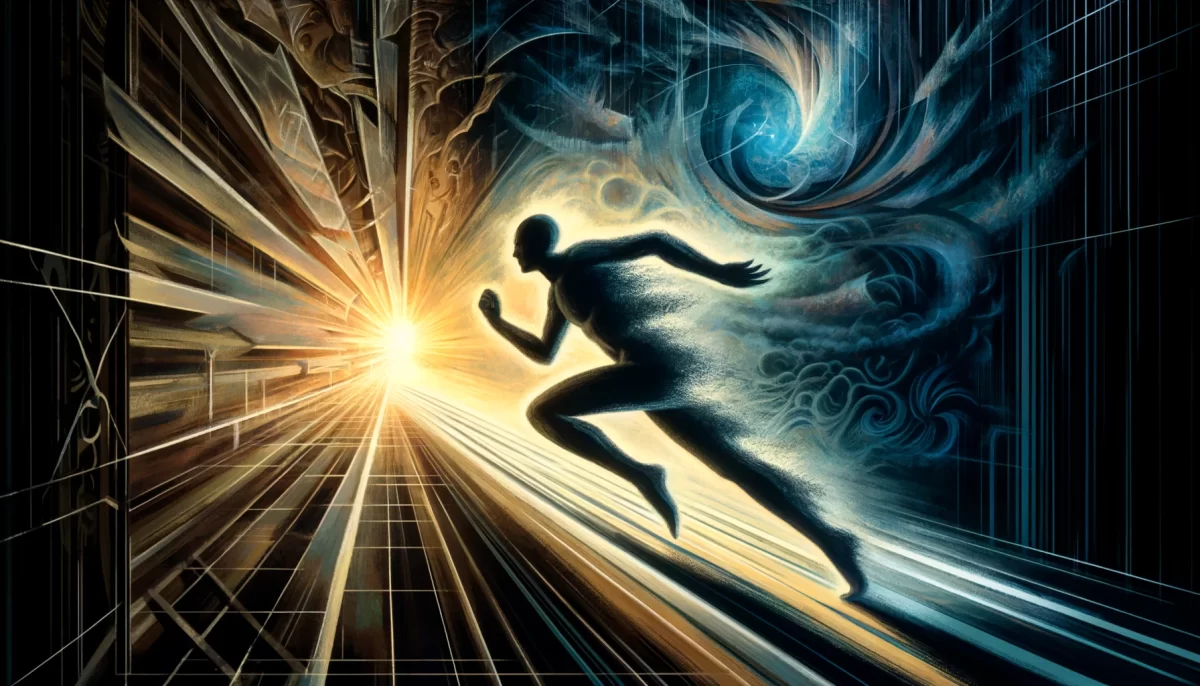
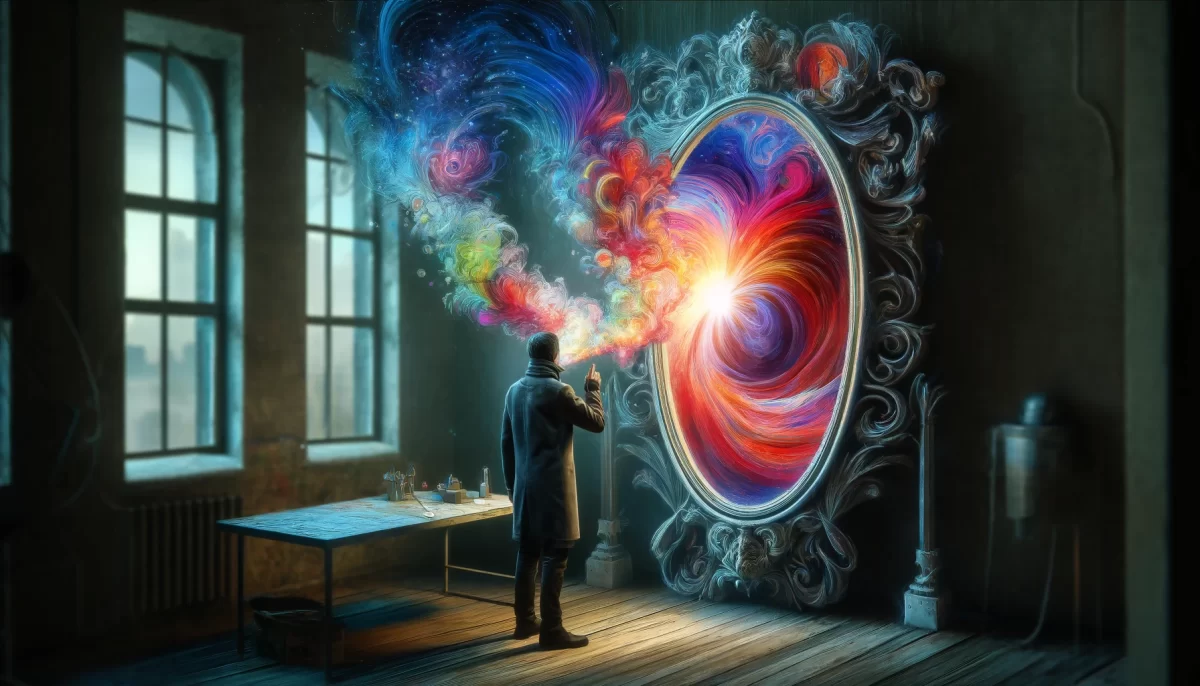



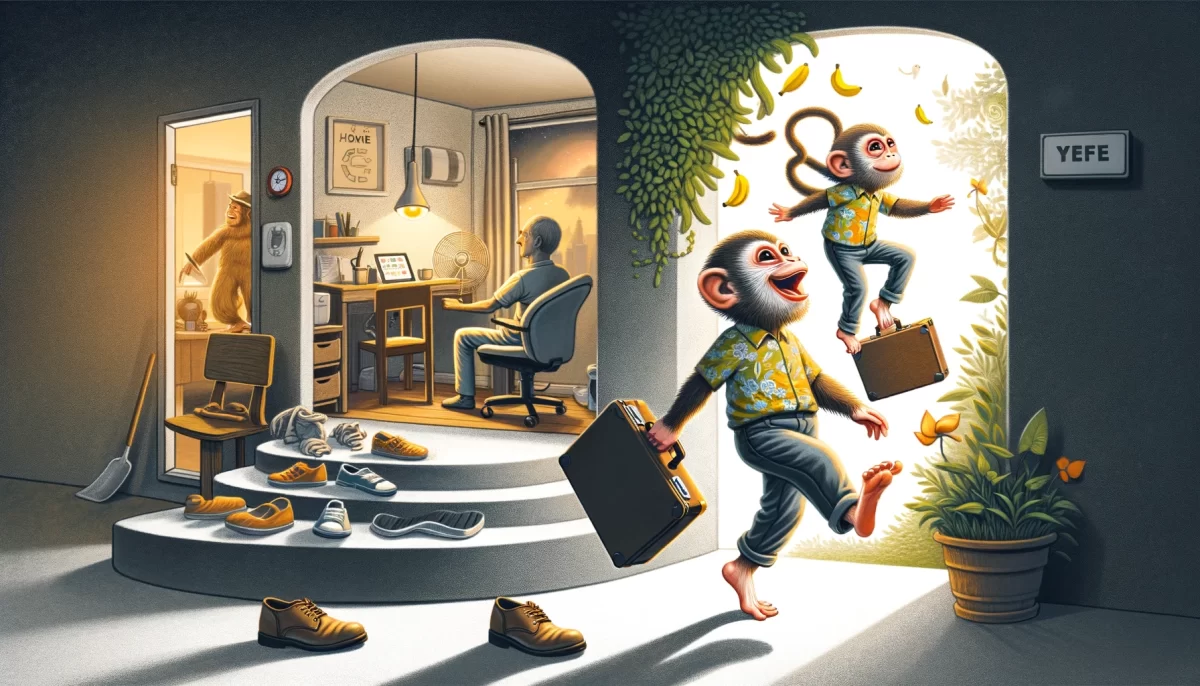

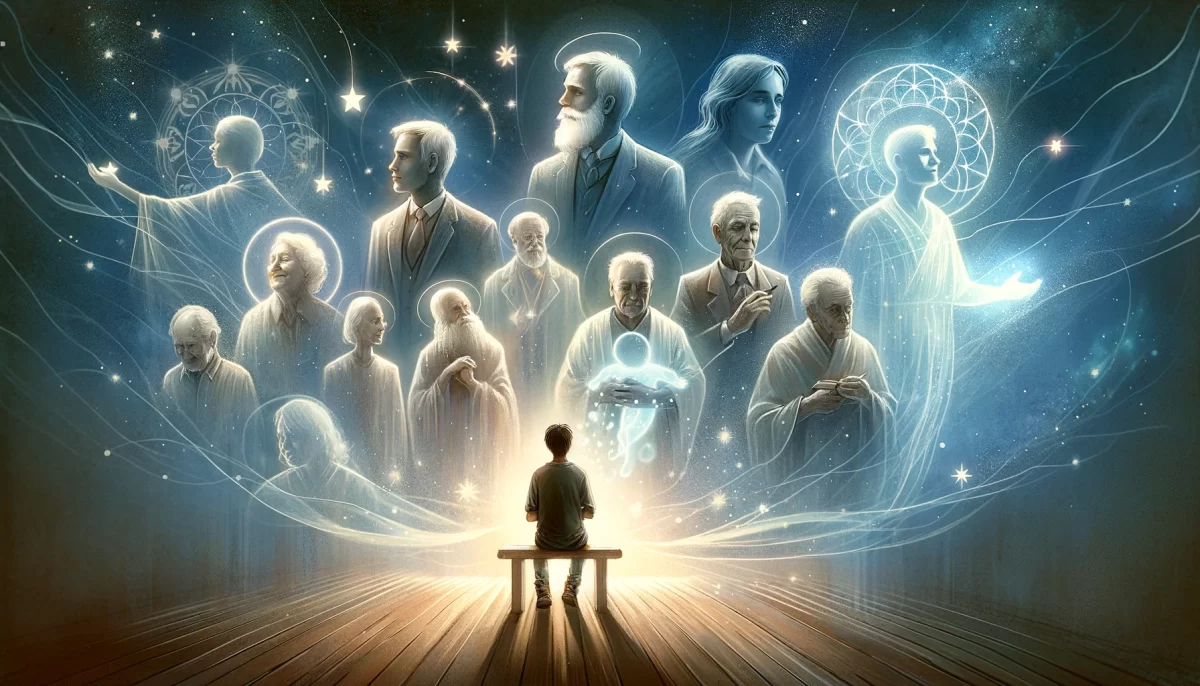

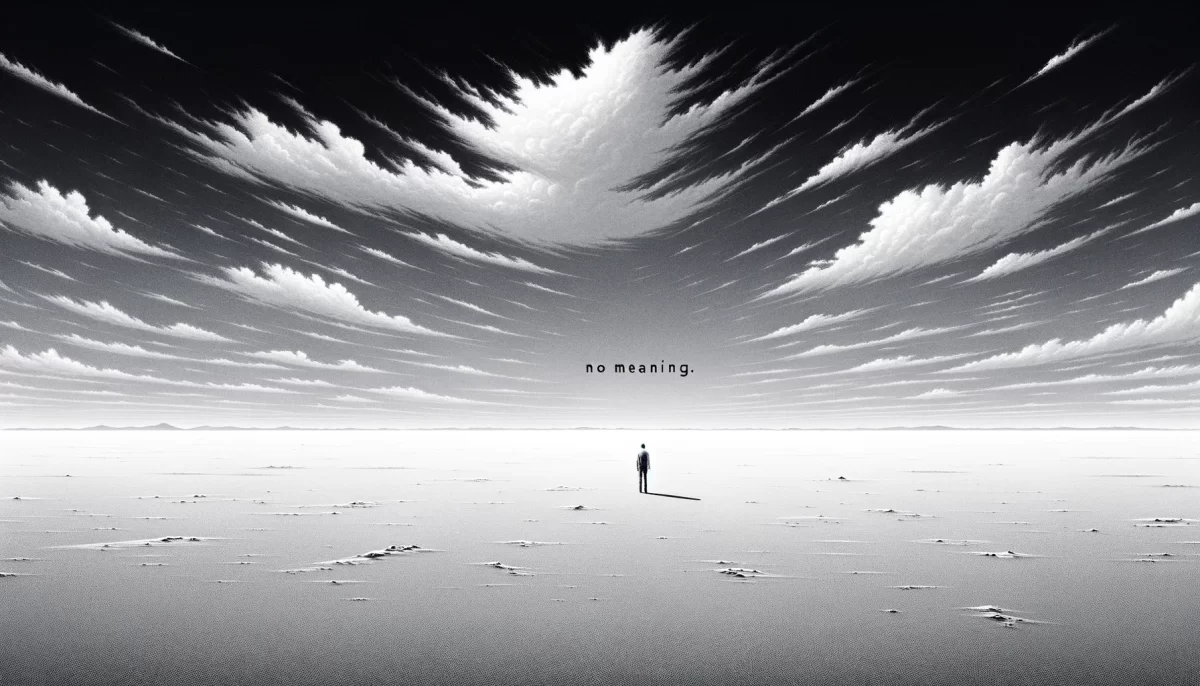
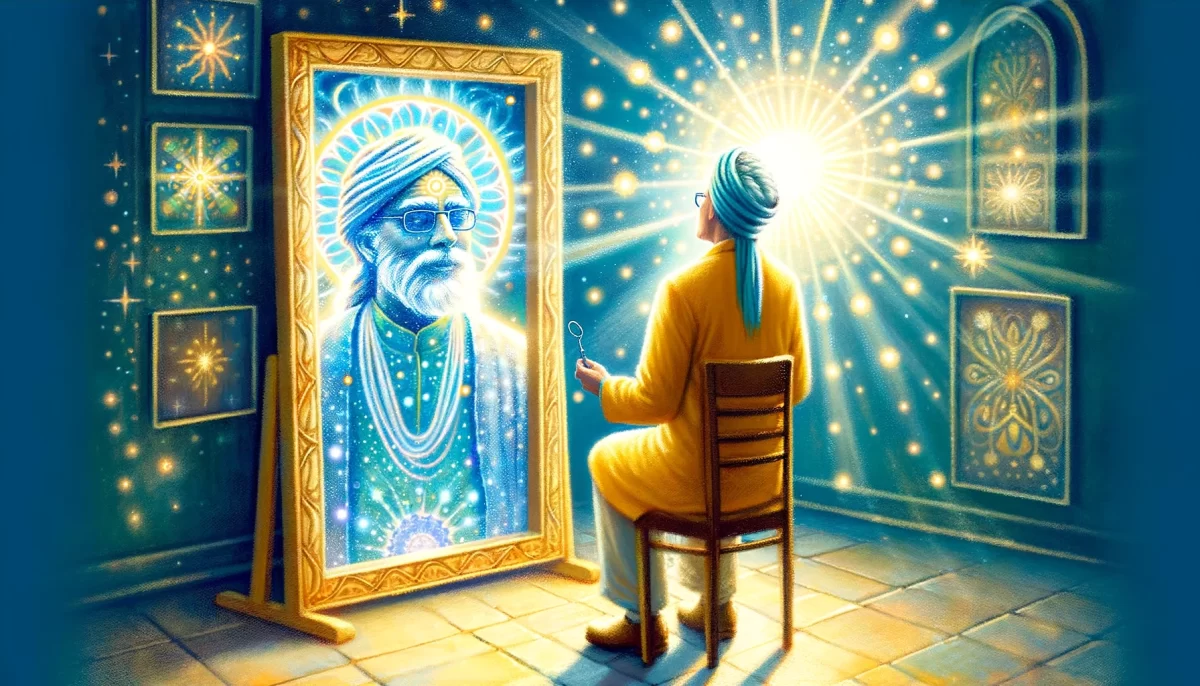

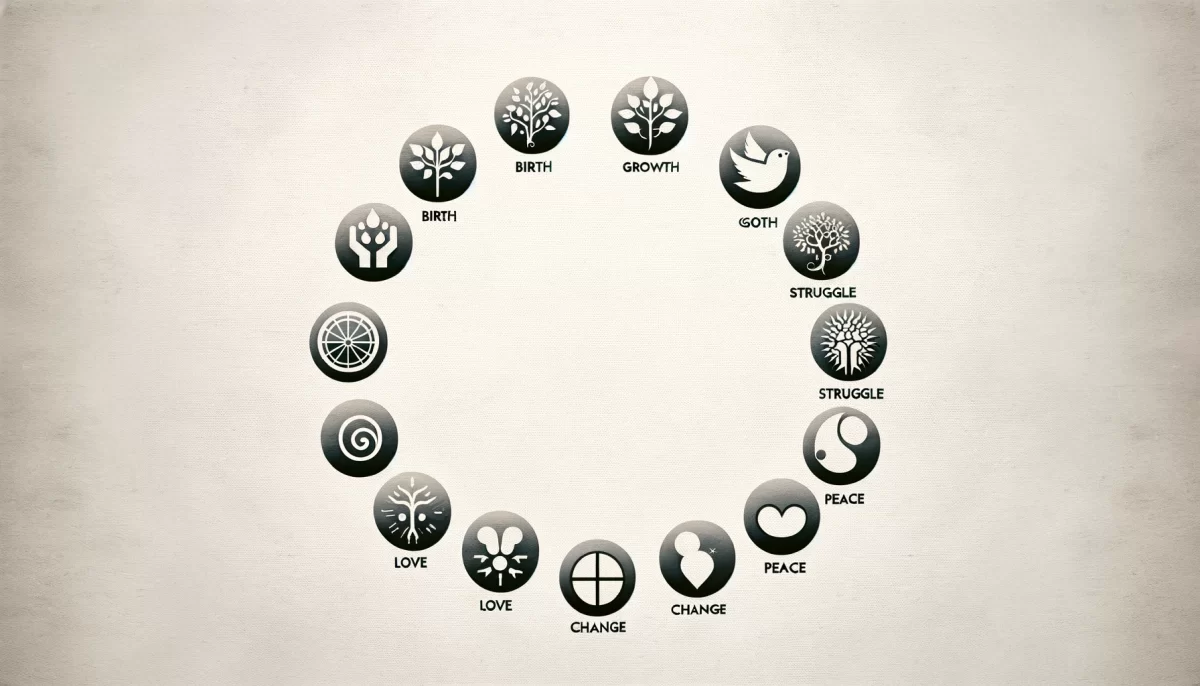

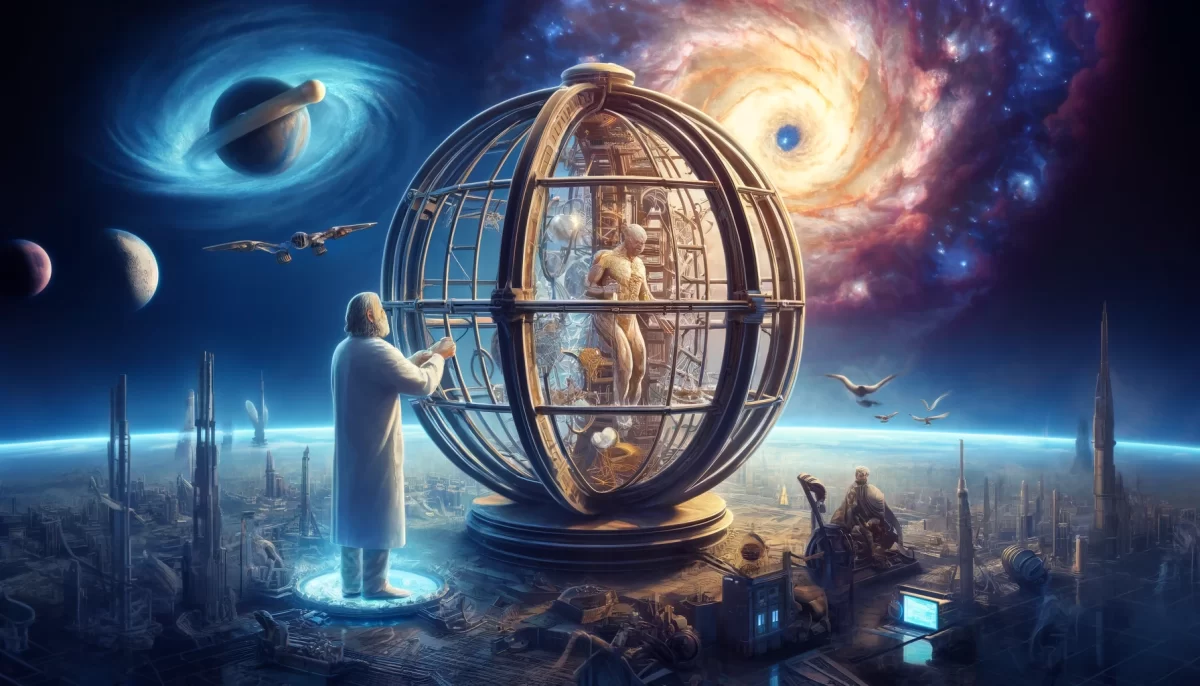

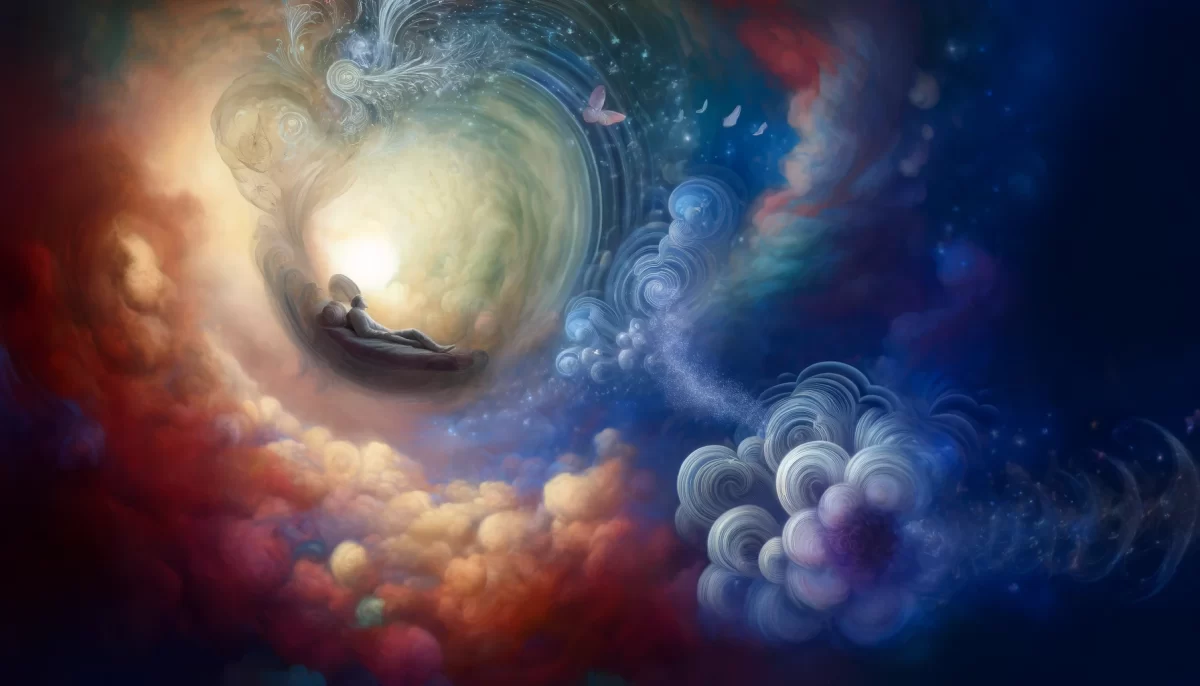


Leave a Reply